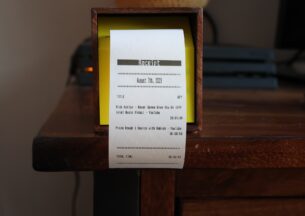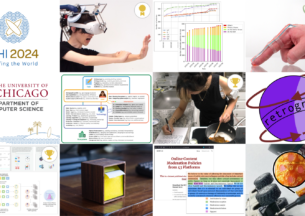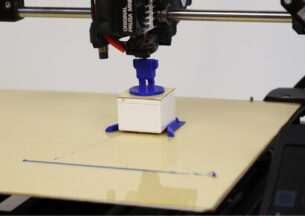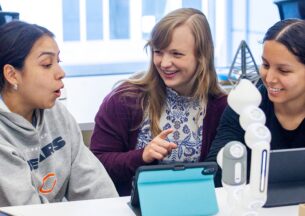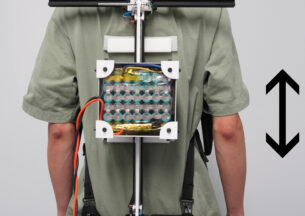Edward Wang (Washington) - The Next Billion Medical Devices
The Next Billion Medical Devices
Medical care today revolves mainly around the clinic, with devices and care designed with accuracy as the main metric of success. Many medical tests can be accomplished with just a small vial of blood, and in the ICU we can probe a variety of physiological parameters continuously. In the search for accuracy, accessibility, however, has often taken a backseat. In the majority of situations outside of clinical care, there will not be access to that vial of blood or the myriads of sensors on an ICU monitor. Grounded in this premise, my research looks to invent the next generation of “mobile medical devices” that enables medical sensing beyond the current clinical paradigm in two major directions. First, I will discuss how we can re-appropriate existing mobile sensor infrastructure to enable low-cost and widespread medical sensing. The second major theme of my work explores novel wearable sensors to perform continuous health tracking for passive, long-term insights to a person’s health. Through this talk, I will discuss how I have enabled smartphones to perform physiological measurements comparable to their medical device counterparts and developed novel wearable devices that continuously track blood pressure and user activity in a low-power and highly wearable fashion. My work has taken me from the lab bench building prototypes, clinical validations against state-of-the-art medical devices, to working with actual users and patients at villages in the jungles of South America. Finally, I will discuss my future explorations into largescale data-driven development of accessible mobile health systems that will aim to negotiate scale, human-in-the-loop effects, privacy, and accuracy.
Host: Blase Ur
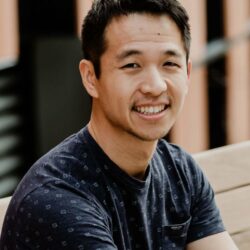
Edward Wang
Edward Wang is a Ph.D. candidate in Electrical and Computer Engineering in the Ubiquitous Computing (UbiComp) Lab at the University of Washington, advised by Shwetak Patel. His research work explores practical solutions to address real-world medical needs drawn from collaborations with clinicians and world health organizations, but solved in new, creative ways that leverage state-of-the-art applied machine learning, embedded systems, and mobile sensors. He was awarded the NSF Graduate Fellowship, the ARCS Foundation Fellowship, and 3 paper awards during his time at the University of Washington. He received a B.Sci in Engineering from Harvey Mudd College in 2012, where he was advised by Elizabeth Orwin and specialized in biomedical engineering.



